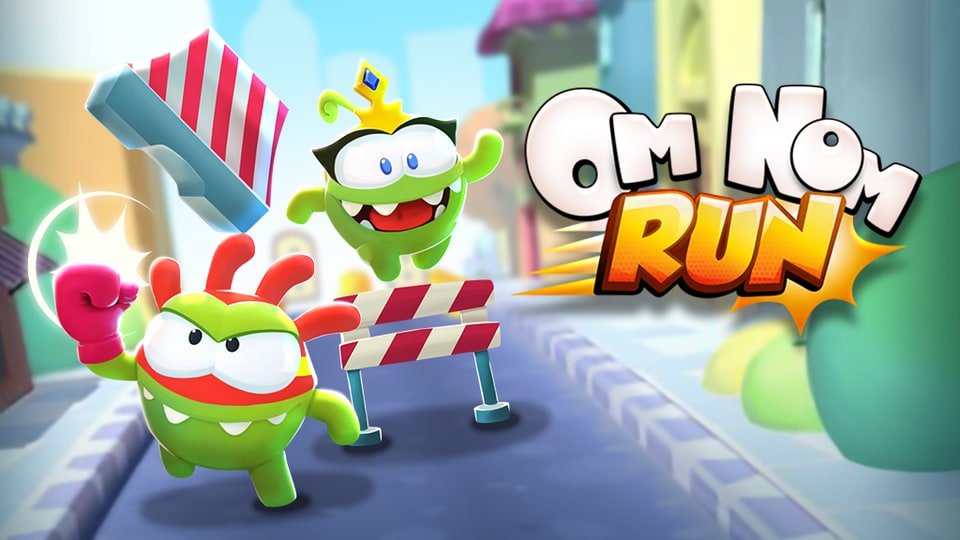Sports vs Esports: Sports Take Years to Evolve Esports Changes Every 6 Months
Esports is not here to replace sports It’s a digital-native evolution of competitive entertainment, designed for a new generation, and now recognized on the world stage.
 Sports Take Years to Evolve Esports Changes Every 6 Months
Sports Take Years to Evolve Esports Changes Every 6 Months
In traditional sports, evolution is steady. Tactics develop over decades. Players train from childhood to achieve greatness over time. In esports, evolution happens every patch. The strategies change in weeks. Tournaments come monthly. New stars rise in months, not years. But this isn’t a debate of “which is better.”
Esports is not here to replace sports It’s a digital-native evolution of competitive entertainment, designed for a new generation, and now recognized on the world stage.
Sports: Legacy, Structure, and Tradition

Let’s look at some traditional sports:
- Cricket: Athletes like Virat Kohli take over a decade to reach peak form.
- Football: Legends like Messi and Ronaldo spent years building legacy through global leagues.
- Basketball: Structured progress from high school to NBA, with coaches taking years to build strategies and teams.
The pace is steady. The training is long-term. And the tournaments like the World Cup or Olympics come once every few years.
Esports: Fast-Paced, High-Pressure, and Global

Now compare this with esports:
- PUBG Mobile, Valorant, CS2, and Free Fire every update changes the game.
- Athletes like Jonathan, Simple, Faker, Mortal, Sc0ut, Tenz, Mavi, and SkRossi reach the top in under 3 years.
- Meta shifts force coaches and teams to adapt daily. Coaches like Osmium, Amit, Vedz focus on Pubgm/Bgmi are well-known in the region.
The competition? Non-stop. From qualifiers to monthlies to World Championships.
From Living Rooms to the Olympic Stage
What was once dismissed as “just gaming” is now a recognized global sport: Esports debuted as a medal event at the 2022 Asian Games. The IOC now officially hosts Olympic Esports Week and also announced Olympic Esports in 2027 which will be hosted in Riyadh, Saudi Arabia.
More countries including India have formally recognized esports as part of their sports ecosystem. Esports has gone from living rooms to national flags and podiums.
So What’s the Real Difference?
Esports isn’t just fast. It’s:
- Global
- Inclusive
- Interactive
- Built for short attention spans and high engagement
It mirrors the world Gen Z lives in: digital, live, and always evolving.
- You don’t wait for trials.
- You grind.
- You stream.
- You win.
Esports doesn’t rival sports it expands it. It opens new paths, creates digital athletes, and represents a shift in how we define competition, identity, and legacy. But it’s time we give esports athletes the respect they deserve.
Because they train just as hard and compete just as fiercely, and now: they win for their country too.
What do you think? Are we giving esports professionals enough credit?








